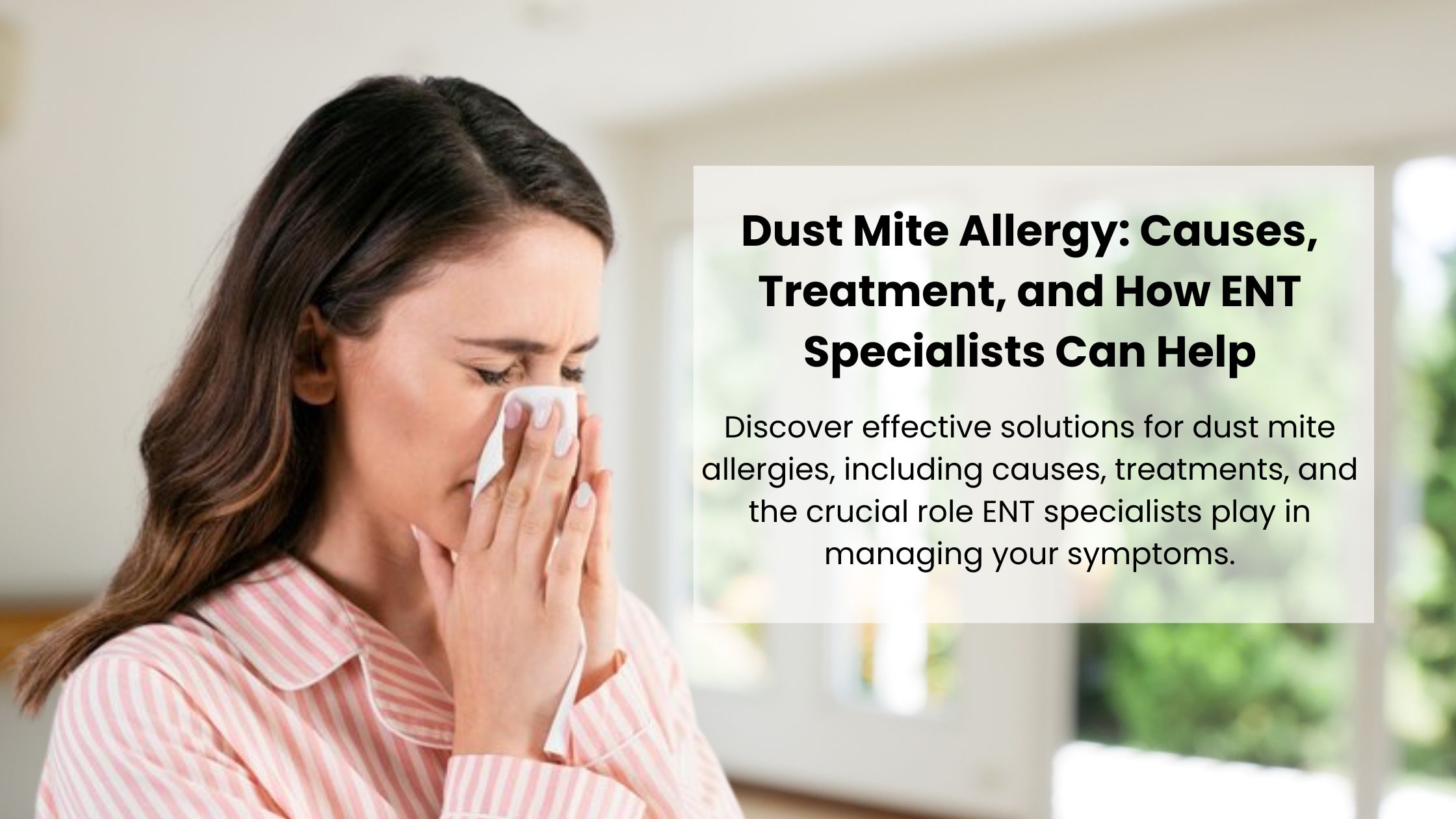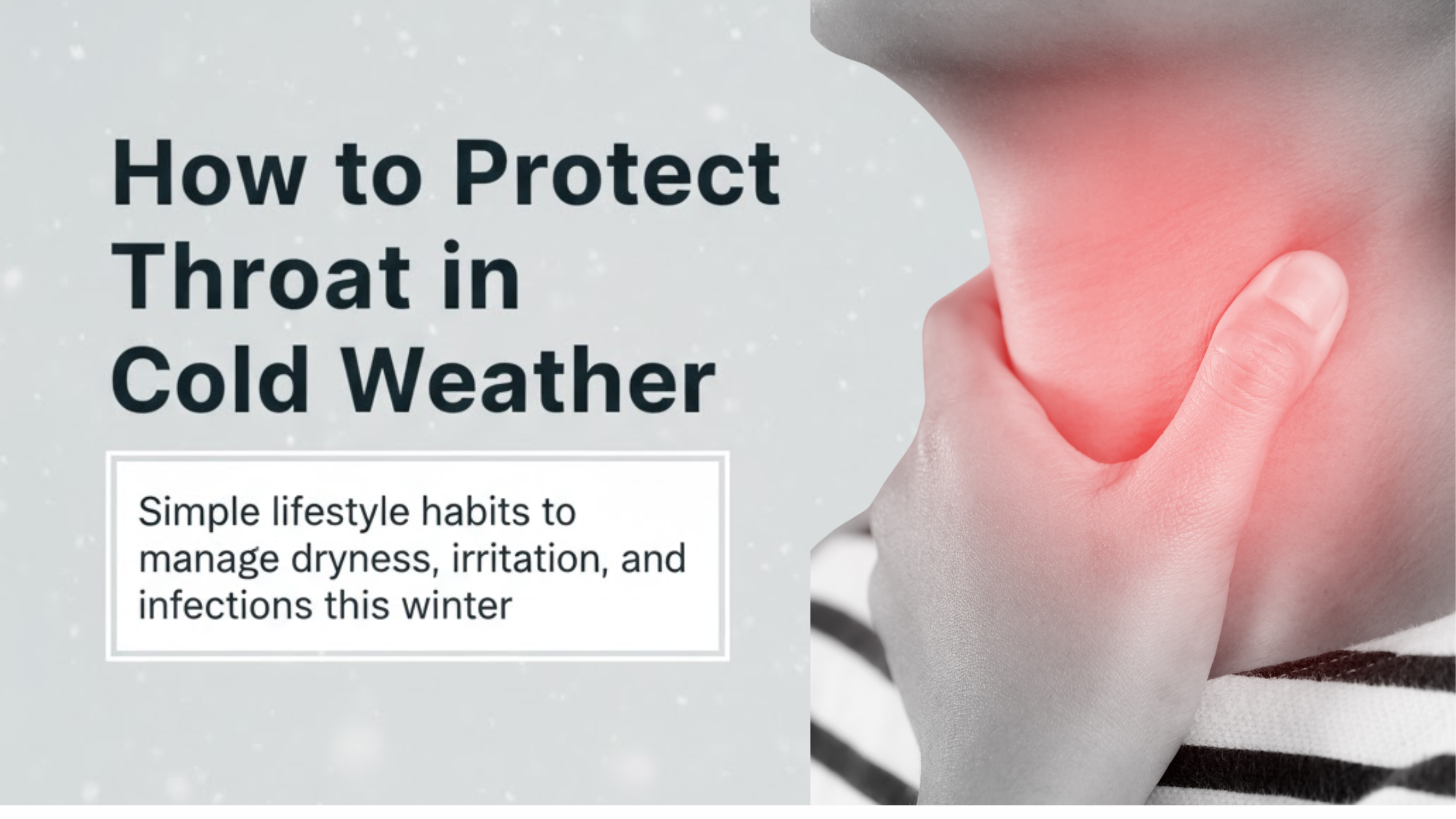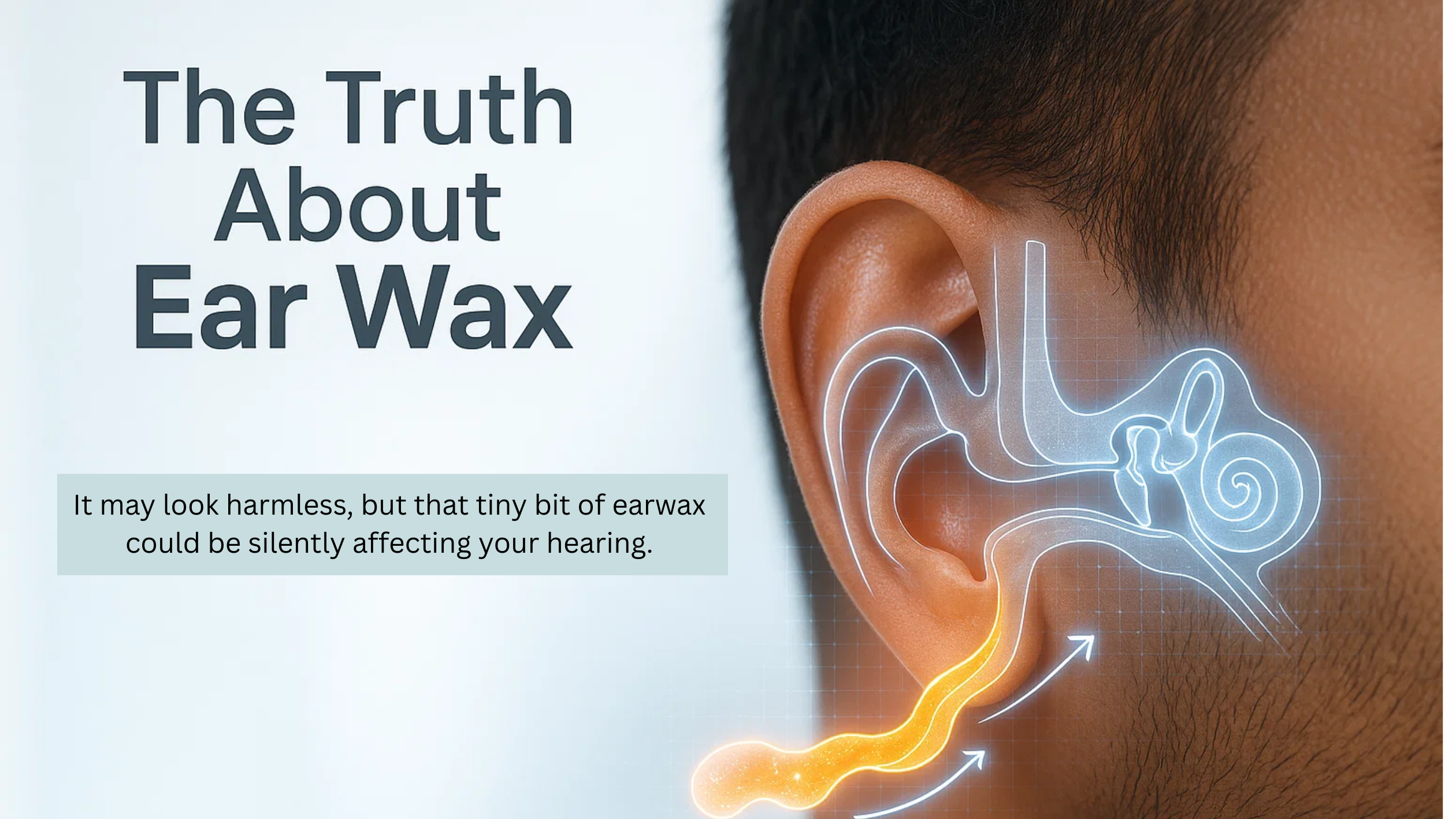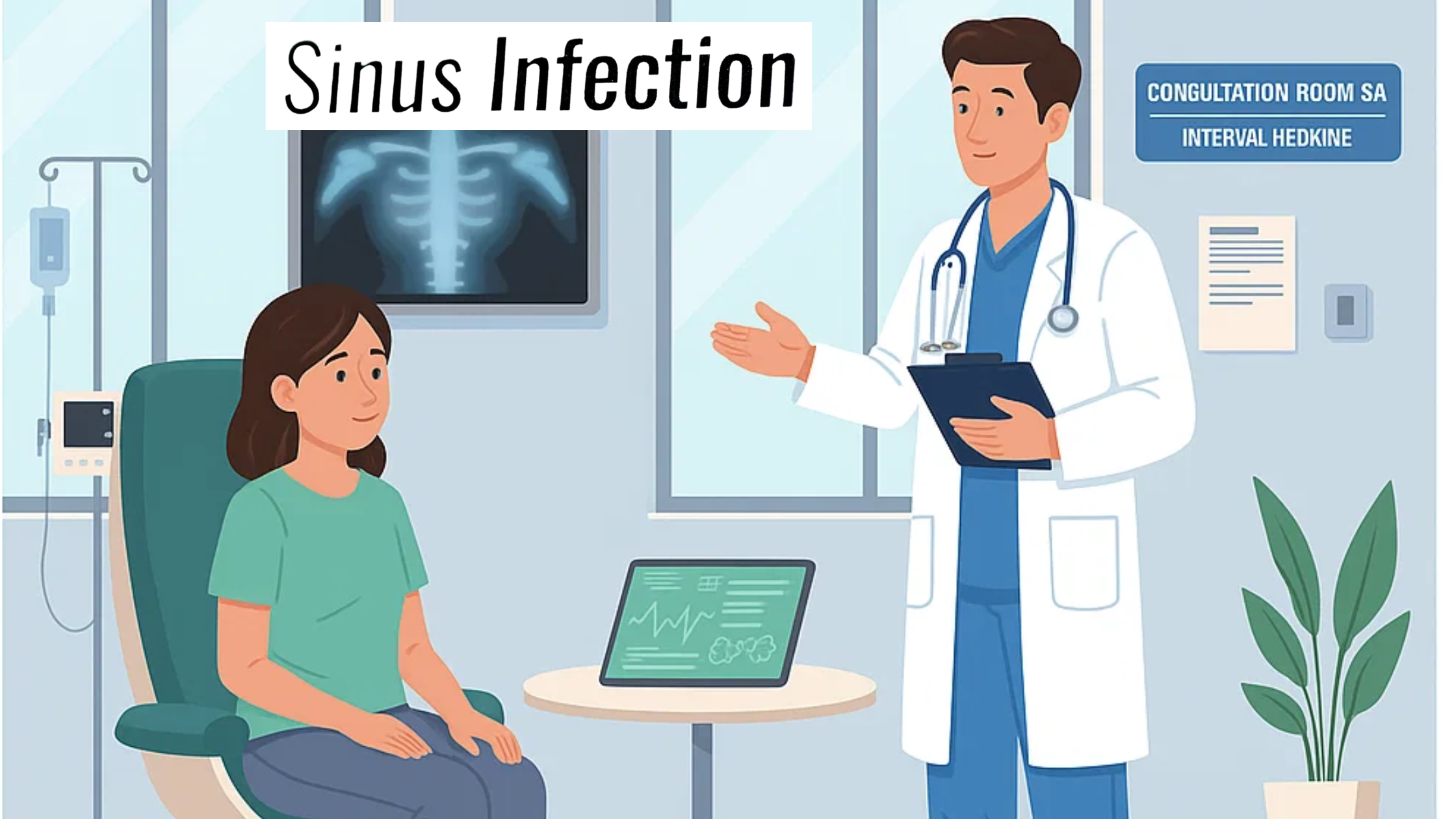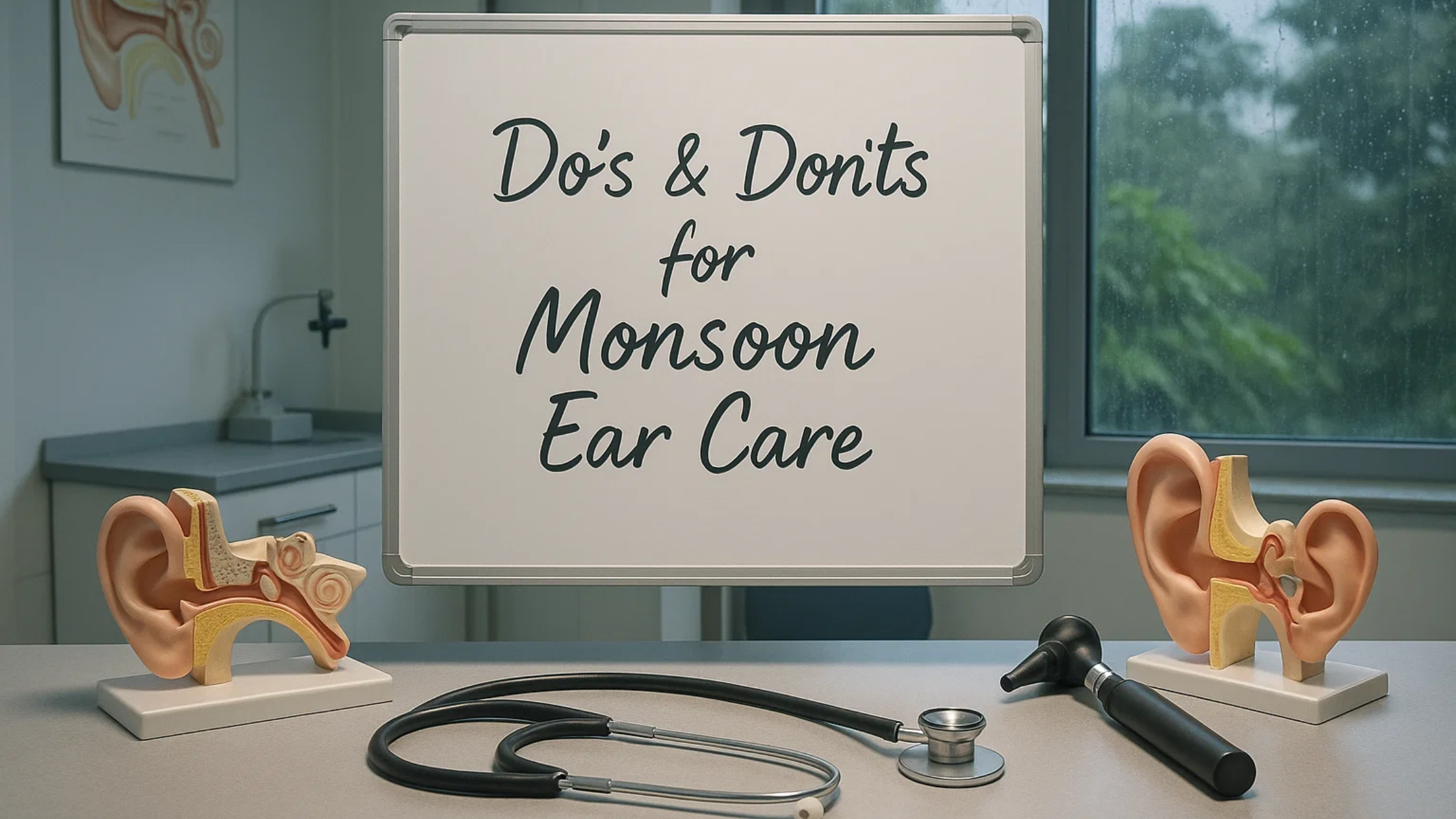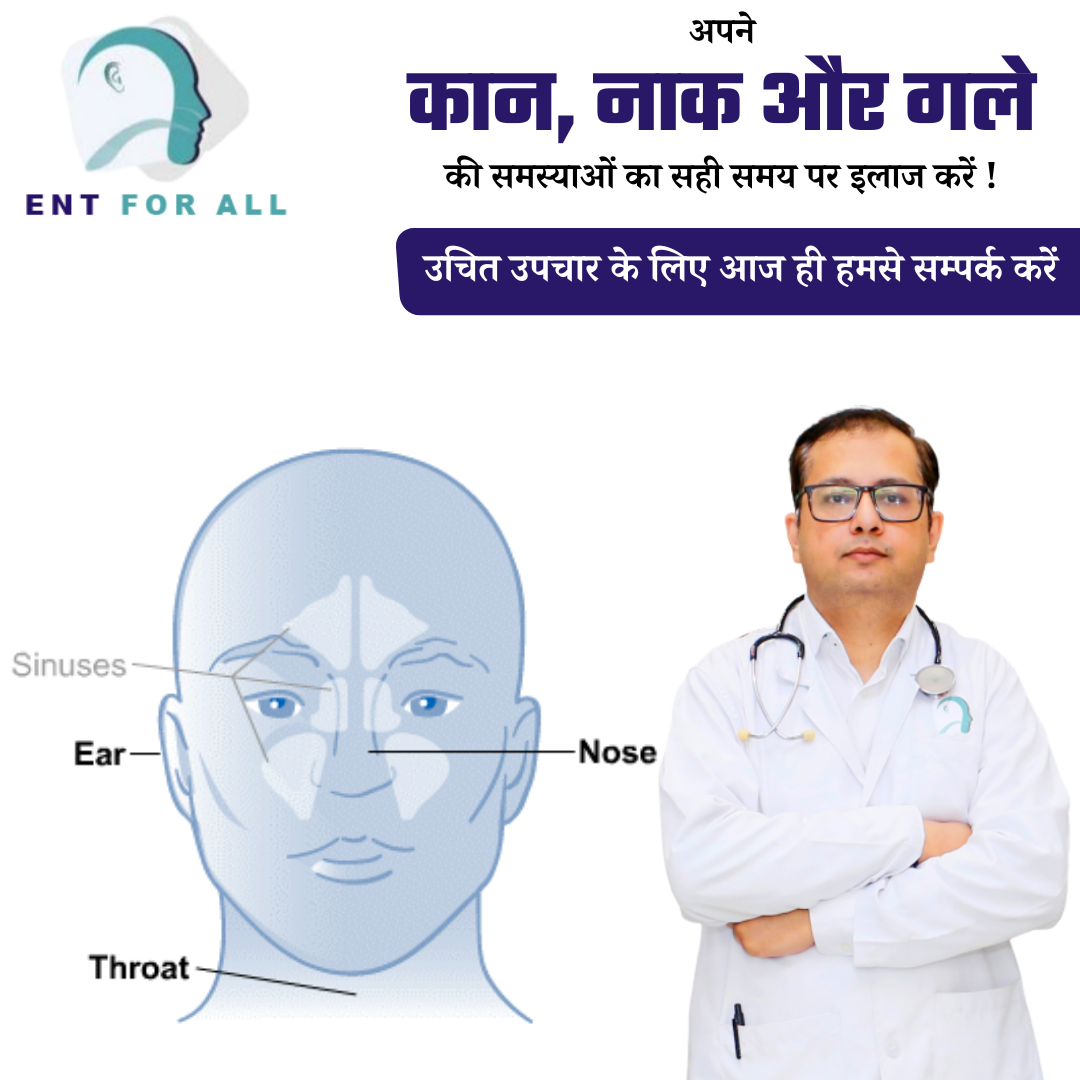Are you tired of sneezing, sniffling, and constantly rubbing your itchy eyes? Do you struggle to get a good night’s sleep due to allergy symptoms that persist no matter what you do? If so, you may suffer from a dust mite allergy, a condition affecting millions worldwide. Dust mites are common household invaders that can wreak havoc on your health, leading to chronic discomfort and disrupting your daily life.
In this blog, we’ll delve into the causes, treatment options, and how ENT specialists can help you manage your symptoms effectively.
What is Dust Mite Allergy?
Dust mites are tiny, microscopic creatures that live in household dust. They thrive in warm, humid environments and feed on human skin cells. While they’re harmless to most people, for those with dust mite allergies, their presence can trigger severe allergic reactions. This can lead to a host of uncomfortable symptoms, often requiring specific Dust Mite Allergy Treatment for relief.
Dust mites are found in various household environments, including:
- Bedding and mattresses
- Carpets and upholstered furniture
- Dusty areas like books and curtains
Their presence triggers allergic reactions due to the proteins found in their waste products (droppings) and dead bodies. These proteins become airborne and are inhaled by humans, leading to an allergic response. Effective Dust Mite Allergy Relief Options can significantly reduce the discomfort caused by these allergens.

Impact on Daily Life and Sleep
Dust mite allergies can significantly impact daily life and sleep. Symptoms such as sneezing, runny nose, itchy eyes, and congestion can make it difficult to perform daily tasks, attend social events, or even get a good night’s sleep. Moreover, repeated exposure to dust mites can lead to chronic respiratory issues, such as asthma. Finding effective Dust Mite Allergy Relief Options is essential to improving your quality of life and maintaining overall health.
Causes of Dust Mite Allergy
Several factors contribute to the development of dust mite allergies:
- Humidity and Temperature: Dust mites thrive in humid environments (above 50%) and temperatures between 68°F and 77°F (20°C to 25°C).
- Household Environment: Poor ventilation, cluttered spaces, and lack of cleaning can lead to increased dust mite populations.
- Dust Mite Droppings and Dead Bodies: The proteins released by these particles can trigger allergic reactions, necessitating targeted Dust Mite Allergy Treatment to mitigate their effects.
Lifestyle Changes for Managing Dust Mite Allergy
Incorporating specific lifestyle changes can also help manage dust mite allergies more effectively:
- Regular Cleaning: Frequent cleaning and vacuuming can reduce dust mite populations in your home.
- Dust Mite-Proof Covers: Using special covers for bedding and pillows can prevent dust mites from accumulating in areas where you sleep.
- Control Humidity: Maintaining low humidity levels in the home, ideally below 50%, can inhibit dust mite growth.
- Air Purifiers and Dehumidifiers: Using these devices can help to clean the air in your home and reduce the number of airborne allergens.
These steps, combined with proper Dust Mite Allergy Treatment, can lead to significant improvements in symptoms and overall well-being.
Comprehensive Dust Mite Allergy Treatment Options
ENT specialists offer a variety of treatment options tailored to your specific needs:
- Medications: Antihistamines, decongestants, and nasal corticosteroids can help alleviate symptoms, providing essential Dust Mite Allergy Relief Options.
- Allergy Immunotherapy (Allergy Shots): This long-term treatment involves regular injections of small amounts of allergen to build tolerance over time, reducing the severity of allergic reactions.
- Home Remedies: In addition to medical treatments, reducing dust mites in your environment is crucial. Regular cleaning and vacuuming, using dust mite-proof covers for bedding, and maintaining low humidity levels in the home can greatly reduce exposure to dust mites.
How ENT Specialists Can Help with Dust Mite Allergy Treatment
ENT specialists can provide comprehensive care for dust mite allergies. Their role includes:
- Accurate Diagnosis: ENT Specialist Allergy Evaluation ensures the precise identification of your allergens.
- Personalized Treatment Planning: They create customized Dust Mite Allergy Treatment plans based on your specific needs.
- Ongoing Monitoring and Adjustments: Regular follow-ups allow ENT specialists to monitor your progress and make necessary adjustments to your treatment.
- Expert Advice: ENT Specialist Allergy Solutions often includes guidance on lifestyle changes, medication, and other management strategies to help you live a symptom-free life.
ENT specialists play a crucial role in managing dust mite allergies. They are trained to diagnose and treat various ear, nose, and throat conditions, including allergies. By consulting an ENT specialist, you can receive personalized Dust Mite Allergy Treatment plans, as well as ongoing management and support. Their expertise ensures that your symptoms are effectively controlled, allowing you to enjoy a healthier, more comfortable life.
Conclusion
In conclusion, dust mite allergies are a common issue that can significantly impact daily life and sleep. By understanding the causes, treatment options, and role of ENT specialists, you can take control of your symptoms and enjoy a healthier life. Effective Dust Mite Allergy Treatment, combined with lifestyle changes, can offer significant relief from allergy symptoms. Remember to consult an ENT specialist for personalized treatment plans and ongoing management. Their expertise and guidance are key to managing your dust mite allergies effectively.
If you’re struggling with dust mite allergies, don’t hesitate to consult an ENT specialist. With their expertise and guidance, you can find relief from your symptoms and live a more comfortable life. Managing Allergies with ENT Specialists is a proactive step toward long-term relief and better health.
Also read – Seasonal Allergies: Symptoms, Causes, and Treatment
Follow us on Facebook: @entforall

